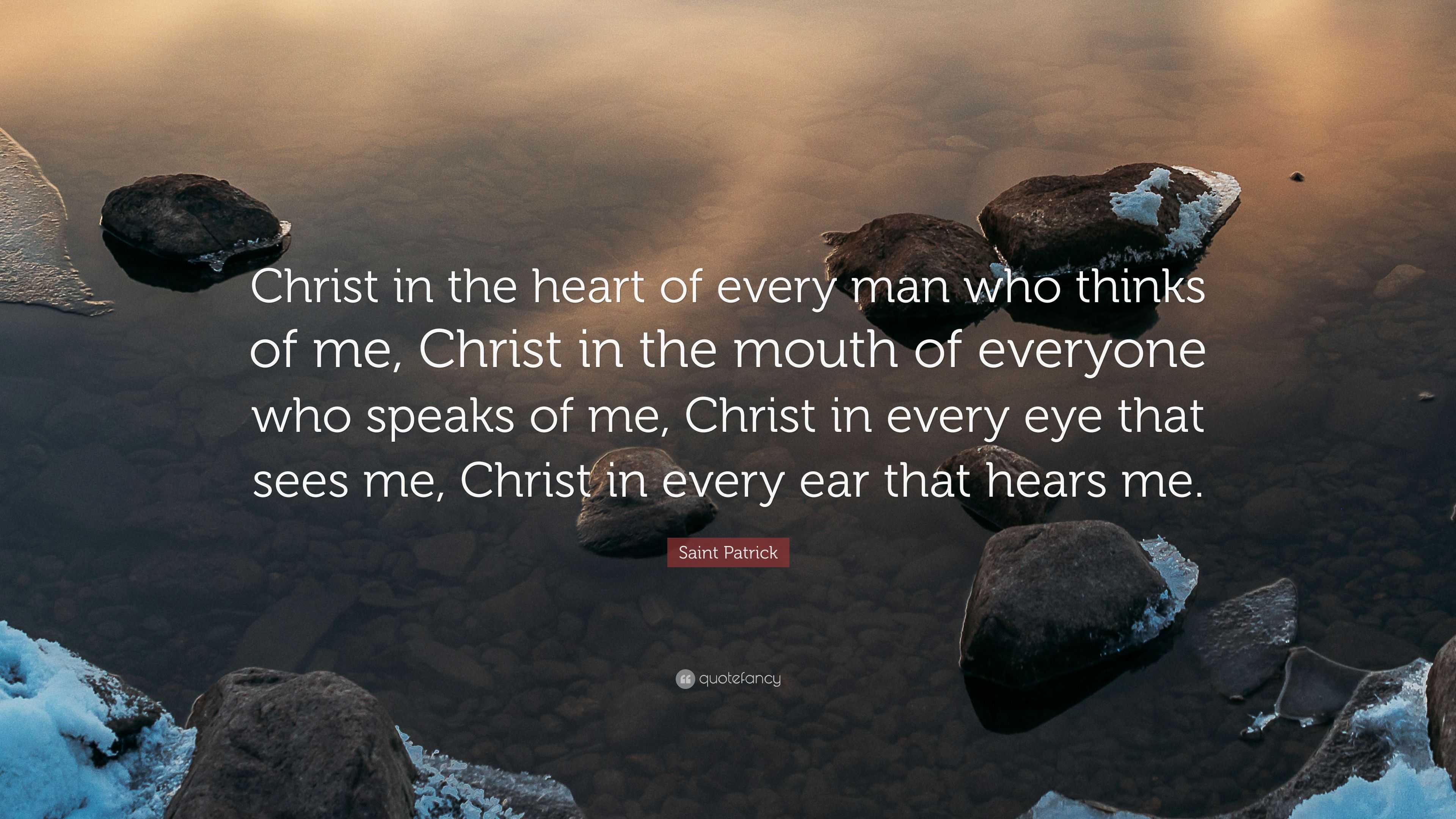My plan was to do my evening prayer/devotion time (which I erroneously call “compline”; I typically do it a couple hours after the tradition compline hour) during halftime of the Big 10 championship. I couldn’t do it before the Big 10 championship because I was leading our church’s new members orientation until too close to kickoff. So I planned to do it at halftime. And that plan would have worked had my wife not put her legs over me as I sat on the couch and then fell asleep. I didn’t want to wake her up, but I couldn’t get to the remote to turn off the TV nor get to the patio door where I like to sit and pray. For a moment I thought I wouldn’t get to do my prayers. Fortunately, I didn’t give up at the first obstacle. Deciding I still wanted to see what the evening’s Scriptures were even if I couldn’t pray in silence as I usually did, I opened my Moravian Daily Text app and found this:

At first I didn’t receive anything from this this text. Maybe it was the background football noise distracting me; maybe some words from God just take longer. But I decided to give it a few minutes of thought, concentrating (as much as I could; man, I prefer silence!) and asking God what was in this Scripture for me. And then, just like that, I saw it. I realized that this was the answer to the question I had been thinking about all day and all week, the question of how to overcome temptation.

I had been struggling with the temptation to do or say or think a few different ungodly things that afternoon (and as my home church preacher would say, what those things were is none of your business!). It was what I call a “low level” temptation. It wasn’t enough to make me actually do these things. It was just enough to make me miserable. I went for a walk by the river that afternoon to think about this temptation, about why it was and what I could do about it. I realized that it was because I, like Eve, had listened to the tempter; I had heard him give his (false) pitch in favor of these things and had agreed with him that they were good and desirable. This was not a new realization. I have long known that “agreeing with the enemy” is one way temptation gets its power.
What I saw as I read this verse, though, was the way to stop agreeing with the enemy like this. What God was saying is that His light and truth can reveal the falseness of the tempter’s pitch; they can not only expose it but defuse it. The image I get is that they can actually wash it away like a rushing river.
And once they are washed away, I can see clearly; once God’s light and truth deliver me from the enemy’s lies and darkness, I can enter His dwelling, coming into His Temple, be comfortably in His presence.
I’m not sure this was new knowledge. But it certainly was an encouragement. This was the answer to the question I had asked earlier. This was the solution to my struggle. This was the thing not only that I needed to do (I need to seek out and submit to His light and truth) but the thing He is already doing (He is continuing to reveal this light and truth to me). And with that answer and encouragement, I was able to stay right there, trapped under my sleeping wife’s legs, and watch the rest of the halftime show knowing that my hope of living apart from and above of temptation is becoming a reality.
That’s what I saw December 7, 2019.
















![20180906_143010[1]](https://dougmccoyblog.wordpress.com/wp-content/uploads/2018/09/20180906_1430101.jpg?w=869)
